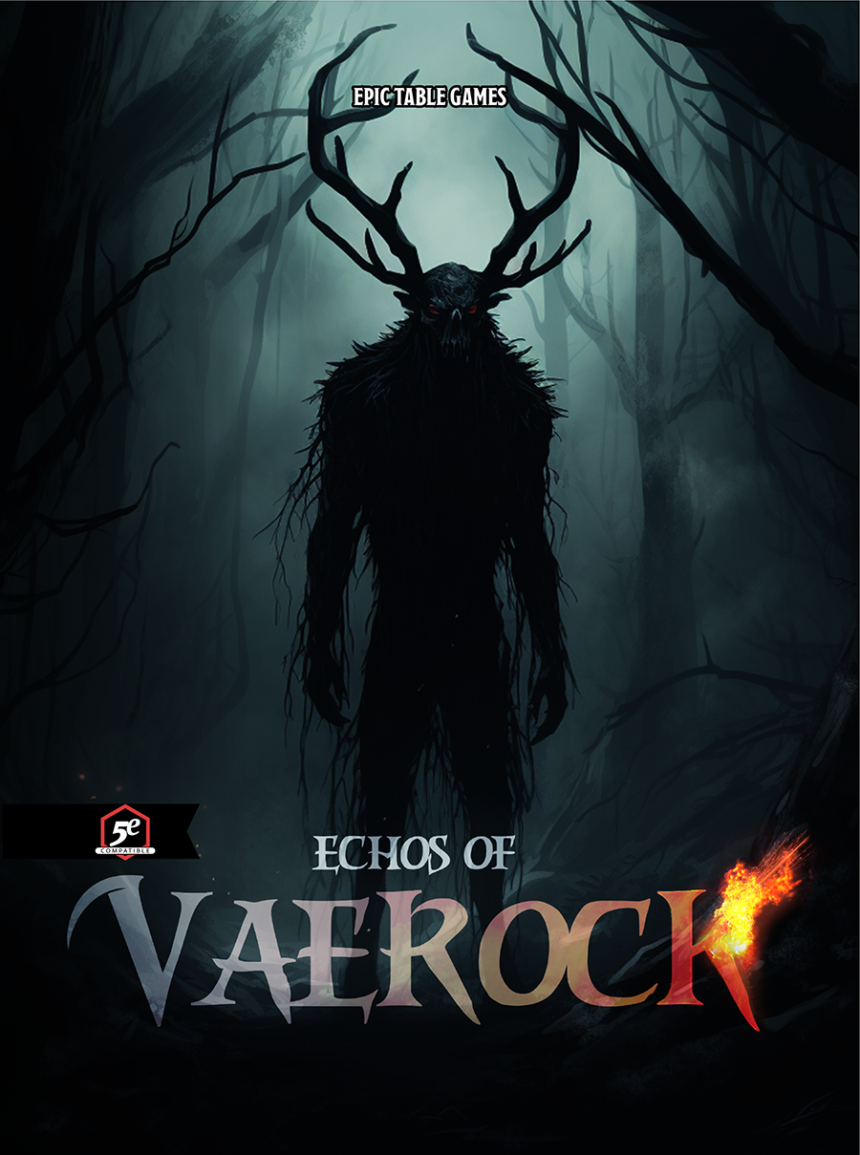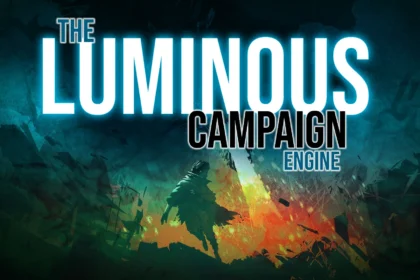Hello, everyone, and welcome back to your seat at the Epic Table! Today’s topic is a little bit different from the normal selection. Rather than GMing advice or a review, I want to look at a bit of historical gaming lore and how I came to figure it out. I’m going to do my absolute very best not to clickbait or recipe blog you, though, so let me get straight to it. (That stuff will come after.)
Everyone knows what a munchkin is. Right?
Well… sort of. If you ask any given tabletop RPG player whether or not know they what a munchkin is, they’ll almost definitely tell you that they do. But if you actually ask them what the term munchkin means, you get a ton of different answers. Take, for example, the TVTropes page on the subject. It’s comprehensive, sure, but it lists dozens of different player behaviors. While in a certain sense the most accurate current definition of the word “munchkin” is “player behaving in a way I don’t like,” I found myself curious: what did it originally mean? And where did it originally come from?
And why in the world “munchkin,” of all words?
The Answer (See? No Clickbait!)
The original munchkins were literally small children.
As far as I’ve been able to determine, gamers started using the word munchkin in a pejorative sense in the late 70s—a few years after Dungeons & Dragons kicked the whole thing off in 1974. The game started to become better known, and new players started to be drawn to it. For a variety of reasons, these players were quite a bit younger than the originals.
A fascinating contemporary description of this is found in the book Shared Fantasy by Dr. Gary Alan Fine. The book is, in general, an extremely interesting (if occasionally very slanted) look into the gaming culture of the late 70s and very early 80s. In Chapter Five, Dr. Fine describes a second generation of gamers taking over an established gaming spot from the old hands. He chronicles the general disgruntlement over this, then provides some reasons for the divide. Here’s how little things have changed in 50 years:
Different ages have different fantasies, as well as more obvious differences in role-playing skills and in understanding the rules. First, younger players like their fantasy games to be easier and their characters to be in less danger than do older players. The idea of death seems too frightening for the younger players, and so they object to (and have their characters run away from) danger. Second, younger players’ views of the settings (medieval or science fiction) are much more sketchy than those of the older players, who almost revel in the layers of detail that they can build up about these social worlds. Related to this is that older players, because of their broader experience and education, have a larger body of references from which to draw in creating a fantasy.
And just to make it absolutely clear who we’re talking about, an end note to the same chapter provides the following quote:
Re: Munchkins.
It has been mentioned by a few [members] that there are far too many youngsters who, while they are the fantasy gamers of the future, seem to delight in nothing more than making huge amounts of noise, getting in the way of collation [of the magazine APA-DuD], and generally making nuisances of themselves.
Lidofsky, Bart. 1979. Kenoric Wilson #1. Amateur Press Association-Dungeons und Dragons 23 (April): 1p. Bracketed additions from Dr. Gary Alan Fine’s Shared Fantasy.
That quote is the earliest printed reference to munchkins I have been able to find. I’m hopeful that I’ll someday be able to access the first 22 issues of APA-DuD and discover an earlier reference, but unfortunately that archive hasn’t been digitized yet. With that said, as part of my research for this post I reached out to several gamers who were around at the time. Almost all of them confirmed that the term originated as referring to younger gamers, then expanded later.
How young are we talking? Even as late as The Munchkin’s Guide to Power Gaming, published in 1999, it’s claimed that “Most people are munchkins between the ages of nine and thirteen.” Hence, it’s pretty obvious why the word “munchkin” was used: as one source who was active in the mid-late 70s (and wishes to remain anonymous) put it, “The term meant someone who ‘was small in mind and years.'”
This Is When I Finally Mention Powergamers
So when did the definition broaden? My best guess based on the available data is that the term was widened due to Glenn Blacow’s seminal article “Aspects of Adventure Gaming,” published in Different Worlds #10 in October of 1980. This, by the way, is the article that invented the term “powergaming.” In this day and age we might call Blacow’s breakdown of game types overly simplistic, but at the time it was incredibly influential. And while the archetypes are usually the best-remembered part about the article, there’s a section at the end that bears attention:
It is obvious that the older games contain older players. Most of these campaigns went beyond power gaming long ago, and the people running in them have increasingly associated power gaming with the youth of its most numerous proponents—and labeled them both “childish.”
(It’s worth mentioning, by the way, that Blacow regarded this as a mistake. Read the whole article; it’s a bit oversimplified, but still very interesting—especially when considering how little has changed.)
This codification of powergamers, as well as their connections, led to the two words starting to be viewed as synonyms. It wasn’t long until the definition expanded even further, though. Collected beginning in 1983 and published on Usenet in 1985, Jeff Okamoto’s web article Real Men Don’t Play Fantasy Role-Playing Games (which is sometimes known as “The Munchkin Files”) is a well-known treatise on the unpleasant behavior of munchkins. It’s so wide-ranging that the definition of munchkin given at the beginning is simply, “Need I say anything more?”
Very little has changed in the 40 years since then, of course. While “powergamer” has perhaps become a bit better defined, “munchkin” still exists primarily as a word to describe “person who games in a way I don’t like.” The original use was born of, in a sense, a generational gap between new and old players; small wonder that the word is used in the same way “boomer” or “millennial” are today.
The Recipe Blog Part
I know I’m technically at my word count and no one cares about the story at the beginning of the recipe blog, but I really want to add this.
In the process of researching this post, I spoke with dozens of gamers from the early 80s and late 70s. I also combed through old gaming zines, which are the predecessors of all gaming writing of the modern era. I cannot recommend enough that you go do the same.
I’m not going to claim that my research was incredibly in-depth; it wasn’t (I don’t get paid for this). But even dipping my toe in for this little bit caused me to enter a world of gaming history I’d never seen before. Dr. Fine’s book is dated, but fascinating. The zines I read are full of lively debate and personality.
And here’s the thing: a lot of this is still around, but a lot more of it is vanishing. There’s at least one zine from the 70s—Alarums & Excursions—that’s still being published today. (And every single issue is available for purchase on that website.) You can literally buy RPG history. But… there were dozens of RPG zines back in the day, and most are gone forever without any digitization. And that’s a tragedy.
So: I encourage everyone to talk to an elder gamer today. Learn from them what it was like back in the day. Pick up something written in that era and read a little more about what it was like to be a gamer back then. It’s unbelievably fascinating what you’ll find.
I would very much like to thank the following people for their assistance:
- Lee Gold, for searching every issue of A&E from 1-58 for the word “munchkin”
- The wonderful folks at Reddit who reached out with their perspectives
- Bill. You know why. Good luck with the project.
The contents of this post are © 2024 H. Tucker Cobey. All rights reserved.






